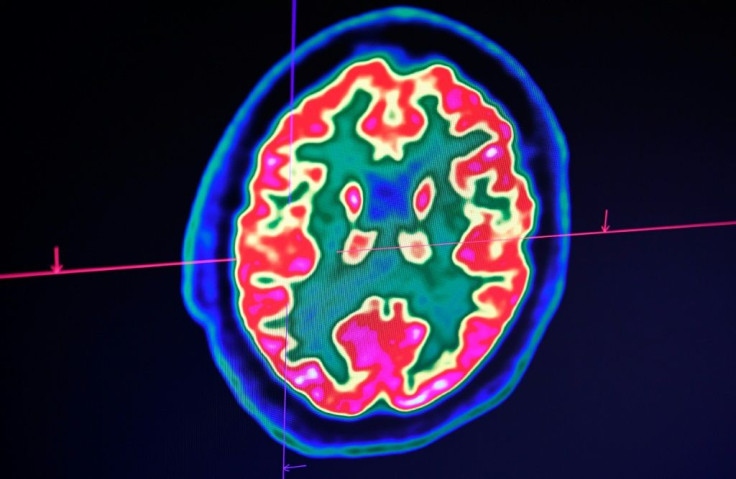Mystery Brain Illness Affecting Growing Number Of Young Adults, Warns Canadian Whistleblower
An anonymous whistleblower has claimed that a mysterious brain condition has emerged in the Canadian province of New Brunswick and it appears to cause a swift cognitive decline among those affected.
Speaking to The Guardian, the whistleblower from health authority Vitalité Health Network said the condition appears to be affecting a number of young people with no previous health issues. They are allegedly developing symptoms such as rapid weight loss, limited mobility, insomnia, hallucinations, and difficulty thinking.
In March 2021, a government memo urging doctors to be on alert for symptoms that resembled the Creutzfeldt-Jakob brain disease was leaked.
The New Brunswick Office of the Chief Medical Officer of Health reported that "between early 2020 and the end of May 2021, there were a total 48 individuals who were identified as having some clinical signs and symptoms that were similar to those associated with Creutzfeldt-Jakob disease (CJD) yet presented with atypical characteristics."
As of Sunday, the official number of cases under investigation remained 48. However, multiple sources told the Guardian that the cluster could now include over 150 people.
"I'm truly concerned about these cases because they seem to evolve so fast. I’m worried for them and we owe them some kind of explanation," the source told the outlet.
At least nine cases have been recorded in which two people in close contact have developed symptoms, suggesting that environmental factors may have contributed to the disease.
One such suspected case included a man who was developing symptoms of dementia and ataxia. His wife, who was taking care of him, suddenly began losing sleep. She also started experiencing dementia and hallucinations.
The Vitalité employee said he decided to come forward and talk about the condition because of growing concerns over the speed at which it is spreading. He also thinks the illness was not affecting New Brunswick alone.
"This is not a New Brunswick disease. We’re probably the area that is raising the flag because we’re mostly rural and in an area where people might have more exposure to environmental factors," the source told the outlet.

© Copyright IBTimes 2024. All rights reserved.





















